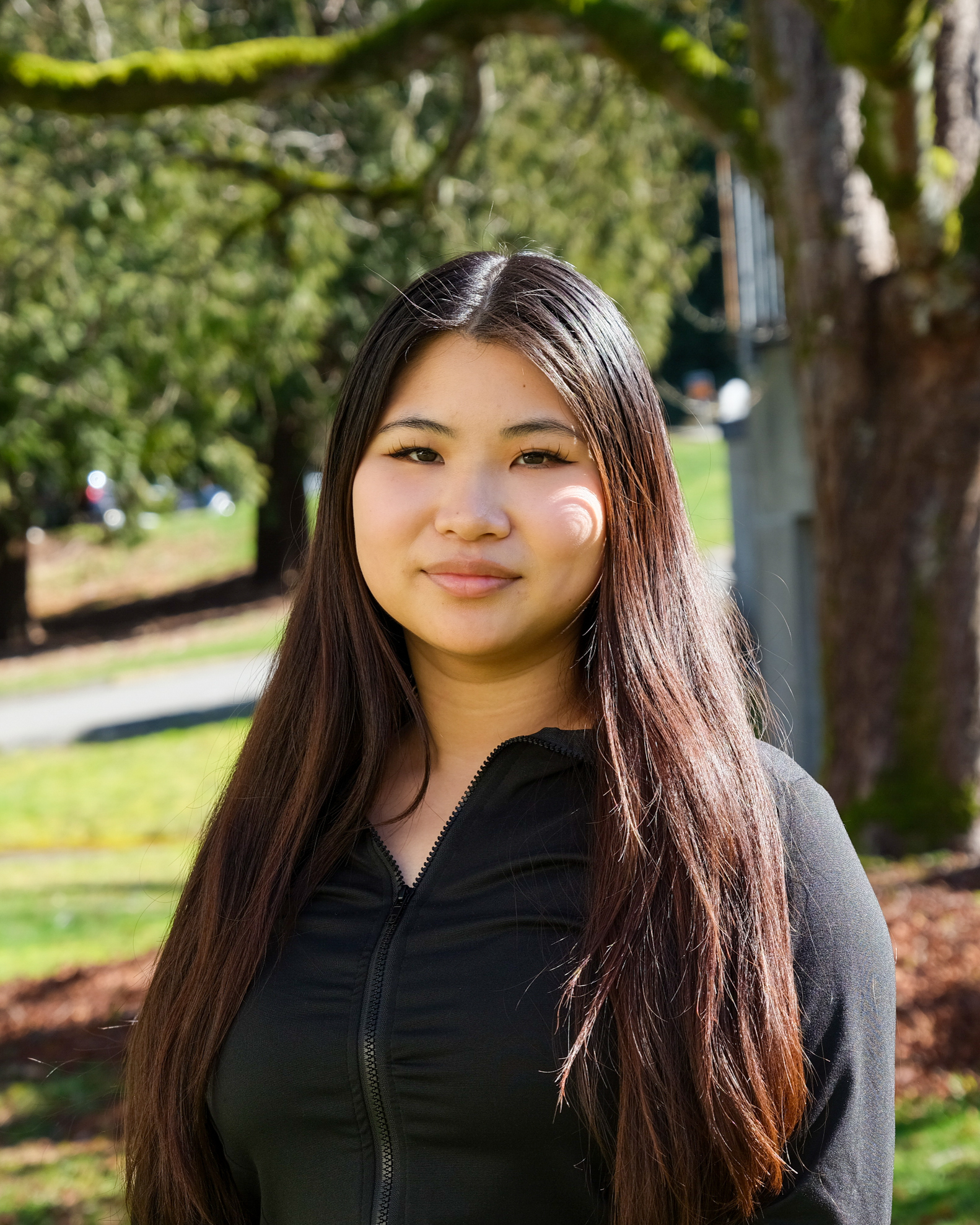

Grace Chen
Grace Chen is a fifth and final year student in Sociology with a minor in Urban Studies.
Her honours thesis looks at how contentious urban spaces like Chinatown navigate the dilemma of physical threats to the neighbourhood’s existence alongside the increasing use of online spaces as effective community spaces, and the impacts of this on community-engagement for groups and individuals in Chinatown.
If she’s not at the beach flipping through seashells and rocks, she’s adding movies to her watchlist and never getting around to watching them.
Understanding New Frontiers of Community-Engagement: Navigating Vancouver Chinatown’s Physical & Digital Presence
In the age of growing digitalization, methods of community-building for social and political causes have taken distinct digital forms through social media. When was the last time we formed social groups and communities by virtue of just being in that physical space? As this trend occurs, community-building within contentious urban spaces is reliant on the physical environment itself.
Shaped by the external constraints of gentrification and ideological tensions between organizations and institutions, all while housing a largely lower-income population, Vancouver’s Chinatown is a unique urban space home to many community-based groups or organizations aiming to bring their vision of Chinatown to reality. This thesis examines how organizers and participants grapple with the changing urban landscape and navigate both the online and physical space for community-engagement.
Findings suggest that digital spaces and physical spaces work together in a reinforcing loop but can be easily disrupted through intentional or unintentional means. Access to permanent physical spaces provides an organization with immediate publicity and visibility, but organization that do not hold traditional storefront units or permanent public spaces are at a disadvantage. However, digital spaces like social media legitimize their work and existence and provide them the ability to broadcast to the public. This is further emphasized when an organization is denied physical visibility, through others refusing to rent a storefront unit to them or disrupting their events through police presence or other authorities. The digital space levels the larger playing field of Chinatown organizations, one over-arched by a divide on gentrification, politics, and ideology.
How did you become interested in this topic? Why did you choose it for your thesis?
I was always interested in the intersections of digitalization and urbanism, and how digitalization affects our relationships to each other and the physical spaces we occupy—and the ongoing processes of gentrification and displacement and, simultaneously, the emergence of online spaces especially in the sociopolitical context. Chinatown was also a core part of my childhood, and these changes over the years have been quite drastic. In a way, I’ve combined my interests into one research topic.
Can you summarize your project and its main findings for us?
My main findings revolve around physical visibility and digital legitimacy. Majority of the participants interviewed are associated with nonprofit grassroots groups, groups that do not traditionally hold a permanent and public space, as opposed to larger organizations that have a storefront unit. Physical visibility is an immediate statement of existence, and thus its denial through purposeful exclusion, such as refusing to rent a storefront unit to a group, essentially “hides” the organization.
However, organizations have been able to generate digital legitimacy through active social media profiles and building their audience and community that way. This means that permanent physical spaces are not necessary to generate or sustain community, but that the legitimacy to exist for nonprofit grassroots groups is granted by online spaces like social media. Physical venues for events are still necessary, but physical permanence less so.
What was your favourite part of doing research?
The interviews were, without a doubt, the highlight. I was taken aback by the kindness in which each participant granted me, despite Chinatown and surrounding areas being places of rightful research fatigue, and producing research that they may not see tangible benefits from. My research has also led me to spending many weekends re-exploring Chinatown and just immersing myself in the neighbourhood and community. These moments didn’t feel much like research at all, but just specks of life and living.
Do you have advice for other prospective Sociology honours students? What are your biggest takeaways from this research journey?
The honours program is an opportunity to throw yourself into the whims of academia, yes, but it’s also the best time to be creative—your research direction is genuinely whatever you’re up for and there are endless possibilities to what can become of it. As you can tell from my thesis topic and the work from the rest of the cohort, the world (honours) is very much your oyster, and whatever niche interesting issue you’re interested in right now could very much be your honours thesis in the future.
What was your experience like working with Sociology faculty on this project?
It’s always super intimidating connecting with faculty, but they have been nothing but exceedingly kind to me during this process. Working with Dr. Laura K Nelson has been really rewarding, and her patience and guidance as I navigated new domain in this entire process removed much of the intimidation I felt going into this project. She had the difficult role of being a source of both emotional support and practical knowledge, but as you can guess, it went quite well!


